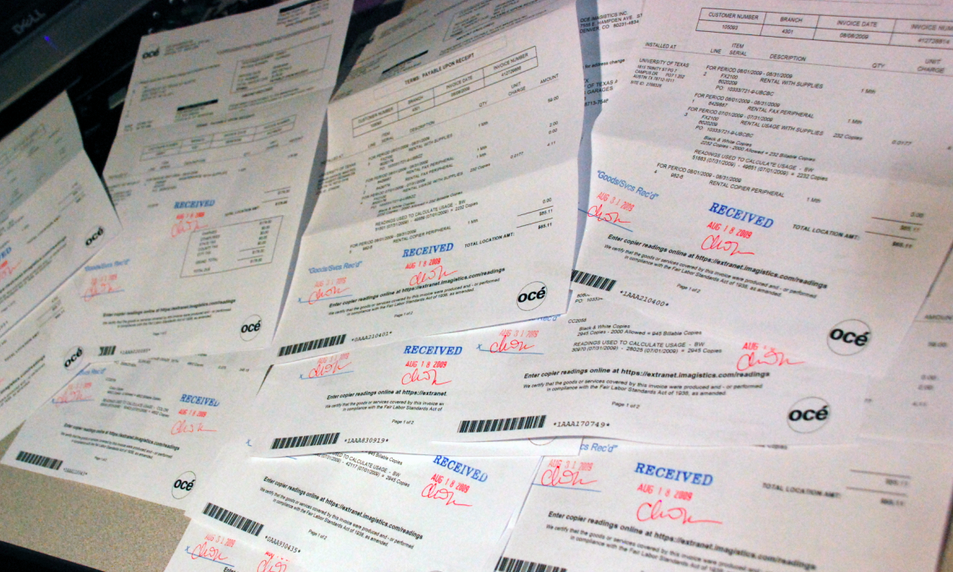Today I had to take care of a small errand and was struck by the inefficiency with which government works:
- Before walking in the door, I couldn’t figure out which instructions applied to me. I could barely even find them on the website.
- The appointment system was telephone-based, a frustrating waste of time.
- Once in the appointment all the forms were paper-based and an ink signature was required.
I am familiar with the government tendency to resist change and avoid new technology until it’s absolutely impossible to ignore it.
- Nobody wants to take a risk and get into trouble.
- Nobody wants to get automated out of a job.
- Nobody wants to collaborate if that means losing their power.
These are natural human tendencies and I totally understand them. But they’re not productive for our society. In the example above:
- Hw much time is going to get wasted manually reviewing and transferring the paper data to a computer system?
- How many dead PDFs are we going to create and then try to integrate into a database system down the road?
- How many records will we generate now, only to be completely befuddled later as to what matters and what doesn’t?
A failure to streamline government is only going to further strain extremely large socio-economic problems that are about to get much, much worse:
- Automation will end most demand for human labor – manual, administrative, even customer service.
- The end of jobs will trigger a corresponding rise in need for social services.
- True competition will become impossible in an economy controlled by the wealthy and powerful few.
- Interconnected, integrated, interoperable, easily accessed Big Data will eradicate the possibility of privacy.
- Small terrorist cells with dangerous weapons will finally be taken seriously for the grave threat they pose.
The way to handle these problem is fairly straightforward but will require a big change in attitude to adjust to. We’re not going to be able to live the same way anymore. For example, kids aren’t going to graduate college with the expectation of a job. It’s just not happening. So here’s what we as a society have to do in order to adapt. These are very broad general approaches, I’ll leave it to others to figure out the details.
- Get ahead of the curve and stop reacting defensively. The risk of not acting is bigger than the risk of the status quo.
- Stop quibbling over details and unite around a broadly shared vision of progress. Nobody wins with all the divisiveness.
- Use commercial, off-the-shelf technology to the maximum extent possible. There is no excuse to be dragging our feet on this.
- Protect civil rights, dissent and privacy; promote transparency; form fully independent external bodies to regulate the regulators.
- Incorporate strong security practices into everything we do. There are a lot of people who want to foment and take advantage of chaos, to steal our freedom and our lives along with it.
Government workers secretly fear that their jobs will become irrelevant in the new economy. That may be true in some cases. But it’s probably more true that our role will evolve:
- To rebalance major power inequities and promote national competitiveness through a whole-of-society approach to the major issues that confront us.
- To protect people’s rights and make sure that vulnerable populations are supported.
- To maintain social order and prevent chaos from breaking out.
As we go about our day-to-day lives it’s really easy to stick our heads in the sand and let others worry about the problems. But at some point you look around and realize it’s you that’s got the football. And that your standing there at a press conference, with no excuse as to why you’ve let it deflate.
___
Photo by Me and the Sysop via Flickr. All opinions my own.





Leave a Reply
You must be logged in to post a comment.